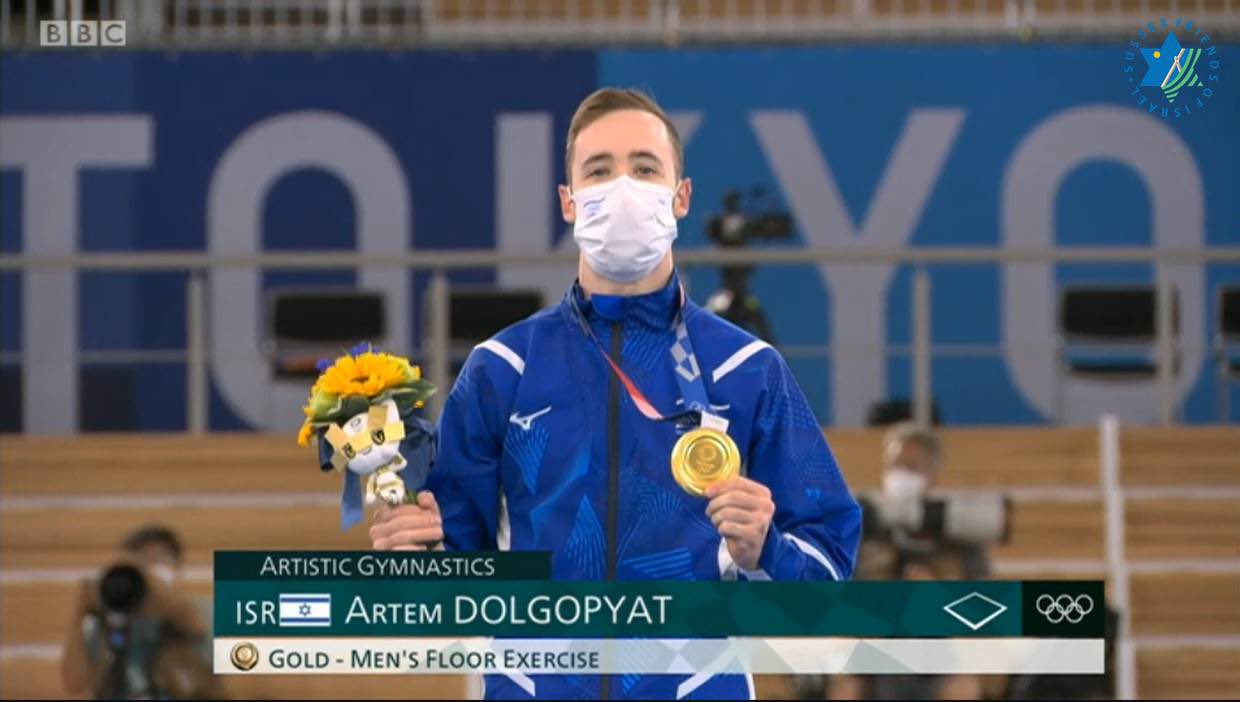Richard Goldberg: It’s Time for Biden to Leave a Bad Deal in the Past
When asked if Raisi’s selection would complicate the administration’s drive to rejoin the nuclear deal and lift U.S. sanctions on the world’s leading state sponsor of terrorism, Biden national-security adviser Jake Sullivan said only one person mattered in Iran: the supreme leader. How funny — that’s exactly what opponents of the nuclear deal said back in 2013 when the Obama administration was selling America on the need to embrace a flawed nuclear deal to empower “Rouhani the moderate.”Iran’s New Suitors
Of course, Sullivan is correct — and the selection of Raisi is only one of many signals the supreme leader has sent Biden this year, making clear that Khamenei fully intends to pocket any sanctions relief he receives from Washington to fuel the Islamic Republic’s war on the United States and its allies.
The Justice Department revealed last month that Iran attempted to carry out a terrorist attack on American soil, kidnapping a U.S. citizen from New York. Iran-backed proxies in Iraq have attacked U.S. forces for months with little to no response from Biden. Iran-sponsored terror groups such as Hamas in Gaza and the Houthis in Yemen have lobbed missiles at Israel and Saudi Arabia. And the supreme leader has vastly escalated his nuclear provocations — enriching uranium up to 60 percent purity, producing uranium metal, and limiting monitoring by international inspectors.
In every way that matters, Khamenei is telling Biden, “We will bury you.” Biden’s response has been to offer cash. After all, the nuclear deal is fundamentally an appeasement pact masquerading as a nonproliferation deal; it offers Iran money for temporary nuclear restraint, and no restraint at all on the development of nuclear-capable missiles and the regime’s pursuit of regional hegemony.
In his first press conference as president-select, Raisi made clear that Iran would never negotiate the longer, stronger deal Biden said he could achieve by first returning to the old one. Khamenei reaffirmed as much last week. Biden should take “no” for an answer and leave a bad deal where it belongs — in the past.
King Abdullah II of Jordan has always been glorified by both the Western and Israeli media as a moderate monarch who seeks peace and even democracy for his country and the Middle East. But perhaps Abdullah should be understood more in the light of his recent trip to the Jordanian village of Kerak, 75 miles south of Amman, to visit the tomb of Ja’far ibn Abi Talib, a cousin of the Prophet Muhammad and the brother of Ali ibn Talib, the founder of Shi’ite Islam. The Kingdom of Jordan has never opened this site to Shi’ite visitors.Khaled Abu Toameh: 'Violations' the UN Security Council Does Not Care About
Ja’far ibn Abi Talib is a holy figure among Shiites, one of the “rightly guided” caliphs, as the first four successors of the prophet are called. The majority of Muslims worldwide, and nearly all Jordanians—95% of whom are Sunni—consider visiting graves for prayer as an act of polytheism. But there was Abdullah, wearing his military uniform and performing prayers in a Shi’ite shrine with the Jordanian media and state cameras rolling.
In the past several decades, Abdullah has never had much patience for Shi’ites. There is not a single Shi’ite mosque in the kingdom. Jordanian intelligence keeps a close watch on Shi’ites in Jordan, as well as on any local Sunni Muslims who adopt elements of Shi’ite faith and practice. Jordanian authorities, for example, bar any Shi’ite-related religious ceremonies, especially Ashura, the mourning of the death of Husayn ibn Ali, the son of Ali ibn Abi Talib. Shi’ite clerics abroad claim that Jordanian intelligence has broken into private homes to prevent such observances. Abdullah’s sudden decision to publicly embrace the Shi’ite faith was as shocking as it would be if the president of the United States had himself filmed performing Islamic prayers at a mosque.
One day before his visit to Kerak, Abdullah flew to Baghdad on June 27 for a curious meeting with Iraqi Prime Minister Mustafa al-Kadhimi and Egyptian President Abdel-Fattah el-Sissi. All three men signed an agreement for a “New Levant,” ostensibly an economic deal for the three countries to cooperate in the fields of energy and electricity, agriculture, and the oil trade, with Jordan serving as a transit point for Iraqi oil to Egypt, and from there on to Europe via the Mediterranean Sea. The three leaders also decided to establish a single visa for entrance into all three countries. This type of European-style border arrangement is exceptionally rare among Arab countries.
The question puzzling many in the region is why Egypt, which shares a border with neither Jordan nor Iraq, is part of such a deal. One likely possibility is that el-Sissi feels isolated in general, and in particular with regard to his struggle to prevent Ethiopia from building a mega dam that threatens Egypt with drought. With very little help from the Biden administration, and the Gulf Arab states wielding almost no leverage within the Egyptian government, el-Sissi is signaling a tilt toward Iran—short of full normalization, but steps in the direction of better ties. As the Iranian regime controls the Iraqi government, military, and intelligence service, all of which are used as puppets to help Iran avoid U.S. sanctions, Egyptian participation in the export of Iraqi oil—which is also controlled by Iran—would have been unimaginable during the Trump administration. Under Biden, who is tilting toward Iran himself, it’s close to common sense. This is the opportunity Abdullah seems keen to exploit.
Such Security Council sessions have become routine and almost always end up with statements denouncing Israel after hearing complaints from PA officials about Israel's alleged "violations" and "aggressions."
Yet the Security Council meeting, which was held last week, did not hear a word about human rights violations and aggressions committed by the PA in the West Bank and Hamas in the Gaza Strip.
[Nizar] Banat, the anti-corruption activist and vocal critic of the PA leadership, was allegedly bludgeoned to death on June 24 by more than 20 Palestinian security officers.
More than a month has passed since his brutal murder but the Security Council has not found the time to address this grave incident.
The Security Council has undoubtedly not heard of the case of Emad Al-Tawil, a 27-year-old Palestinian who died on June 25 after being beaten by Hamas security officers. Tawil was a resident of Nuseirat refugee camp in the Gaza Strip.
The Security Council and international human rights organizations and journalists most likely did not hear about the case of Hassan Abu Zayed, a 27-year-old Palestinian from the Gaza Strip, who was shot dead by Hamas "border guards" on July 23.
The Palestinian human rights abuses and the crackdown on political activists and journalists are ignored not only by the UN, but also by the Biden administration.
Instead of pressuring Palestinian leaders to cease imprisoning, torturing and killing their people, the Biden administration is, absurdly, searching for ways to strengthen the PA leadership.
Apparently, in the eyes of the Biden administration, strengthening PA leaders means allowing Palestinian security officers to beat political activists to death, drag women by their hair on the streets of Ramallah, and imprison and intimidate journalists. The Security Council members, meanwhile, take their unjustified obsession with Israel to new heights as Palestinians are taken to prison or the graveyard at the hands of the PA and Hamas.















































